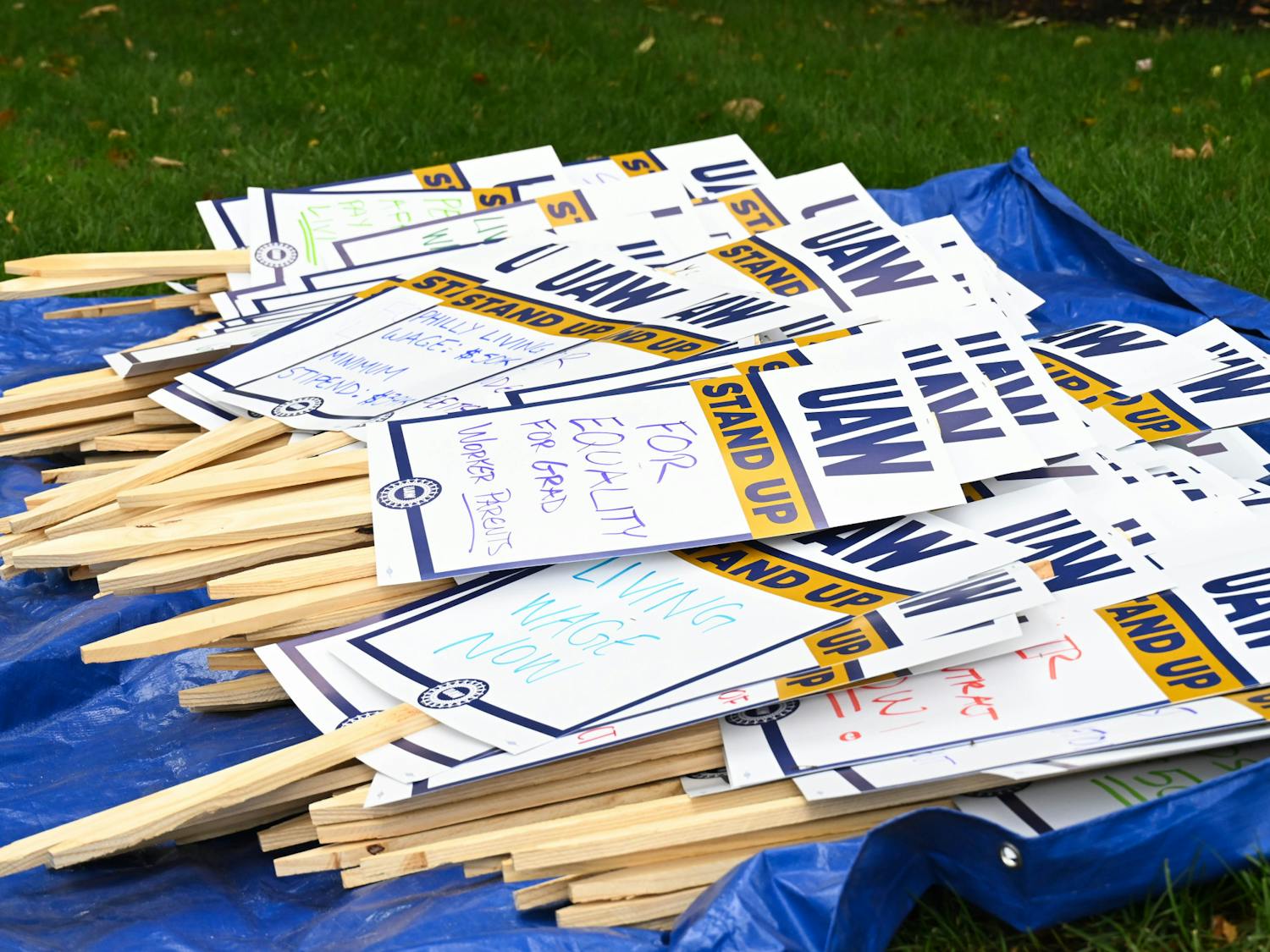Within the next decade, Penn plans to help recruit and retain 100,000 new science, technology, engineering and mathematics teachers across the country.
This past summer, Penn’s Center for High Impact Philanthropy joined a coalition of more than 115 other institutions that plan to train and retain a group of 100,000 STEM teachers as part of the 100Kin10 Challenge.
According to 100kin10.org, the essential goal of the challenge is “to prepare all students with the high-quality STEM skills needed to address the most pressing national and global challenges of tomorrow.”
Last month, Kate Hovde, a senior analyst at the Center for High Impact Philanthropy, attended the first 100kin10 Partner Summit, which was held in Washington D.C. At the summit, she participated in discussions about STEM recruitment and networked with other organizations involved in the challenge.
Hovde described the task of hiring more STEM faculty as “an area of perpetual need … because people generally don’t stay.”
She added that the Center for High Impact Philanthropy is looking to close this gap.
“One of the areas our center has always looked at since we were launched in 2006 is ways in which a donor who cares about improving educational outcomes for students can use the funds more wisely,” said Katherina Rosqueta, executive director of the center.
Hovde agreed, adding that the center’s focus is on four main elements that are related to the initiative. These include creating excellence in teaching, fostering diversity, retaining more faculty and encouraging shared learning.
“Our commitment essentially is to try to diversify the funding base for some of these efforts by bringing in individual high net-worth donors, letting them know about interesting, promising and proven practices among different organizations involved with the movement in terms of recruiting, training and retaining excellent STEM teachers,” she said.
The center’s involvement in the challenge was a “natural extension” of the work already being done, Rosqueta added. The aim is to take this past work and combine it with new information that comes as a result of the challenge in order to improve and retain teachers, thus improving student outcomes.
“This is a chance to look at a particular type of teacher,” she said. “Particularly for high-needs students and poor students, they are just disproportionately receiving less high-quality STEM teaching than more advantaged or affluent students.”
The center aims to get more STEM students motivated to go into and stay in these fields, Rosqueta said.
“One of the reasons that we are involved in the coalition is … to make sure that all students across the country have high-quality STEM teaching,” she said.








